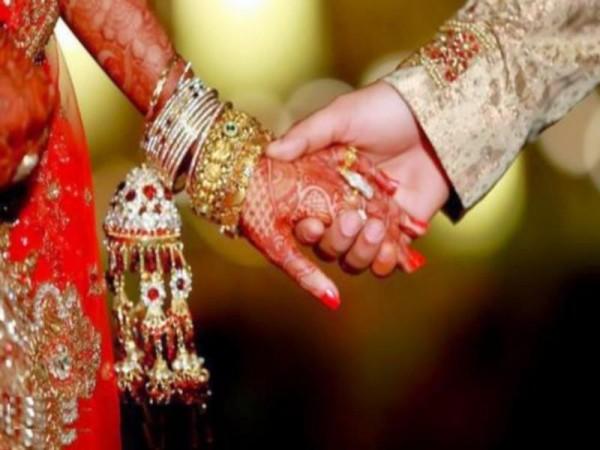In June of this year, otherwise sleepy district of Barnala in Punjab, woke up to tragic news of 23-year-old Lovepreet Singh found dead under mysterious circumstances. A month later, some local members from Barnala and farmer unions blocked the Bathinda-Chandigarh national highway to bring attention to a new but atypical crime in the state of Punjab.
Lovepreet Singh was one of the many husbands suffering the cons of a contractual marriage. A calculative business arrangement where the groom's family sponsors the girl's education and visa expenses who in return helps the boy settle abroad.
This sort of a contractual arrangement has given rise to reverse dowry trend in the otherwise patriarchal state. Wherein the girls have the qualifying scores, while the boy has the money or is willing to spend all of it in return for visa and permanent residency. Often Canada, followed by UK, US, New Zealand and Australia.

Lovepreet's wife Beant Kaur (21) is in Canada on study visa since August 2019 and has been booked under Section 420 (cheating) on the complaint of her in-laws. But nothing concrete has come as of now and his family continues to fight for justice. Fixing responsibility and meting out punishment is a tall order, but there's no denying that a young life has been taken away.
As per a recent India Today report, 30-year-old Jaswinder Dhaliwal is one of the many such grooms who are victims of fraudulent marriages. Married to a woman in 2019 with dreams of settling down in Canada, he has spent nearly Rs 25 lakh to sponsor the girl's education and other expenses in Montreal.
"She stayed with me nicely for one year here and after moving to Canada we were together for two three months. After which, she filed a fraudulent case with baseless allegations," he said in the interview. When met with a counter case and when her allegations did not stand in the court of law, the girl's family returned Rs 6 lakh, says Jaswinder. Goes without saying, now he is put off with the idea of foreign soil.
In yet another similar case from Jalandhar district of Punjab, 38-year-old Dr Manjit Singh is another duped groom. He paid as much as Rs 22 lakh to ensure he moved to the UK while eight months pregnant. Soon enough, he realised she had no plans of calling him there. He rues the fact that every time she comes to India, she doesn't even visit him.
Unethical as the marriage maybe, but it is nevertheless legal and legally binding. There is no denying fraudulent practice has occurred, but lack of specific laws and poor implementation has led to the ever rising number of such cases.
According to official sources in Punjab Government, 4266 complaints were received by the NRI Wing Of Punjab Police in 2019. The complaints pertained cheating, fraud and property disputes. In 2020, this number came down to 3829, while in 2021, as of now 2358 complaints have been lodged.
Another reason for these figures cited is also to do with pandemic. Restrictions imposed on visa and travel due to Covid are for real and causing the delay in girls not being able to call their spouse abroad or get permanent residency for themselves.
Matrimonial adverts, true reflection of society
The matrimonial advertisements occupying the classified pages of newspapers aptly reflect the reality. Be it a demand for dowry, preference for those settled abroad or parameters of beauty, they all openly make their way into the matrimonial inserts.
With the region infamous for its desire to go abroad, parents are openly announcing, "Wanted a girl with IELTS score of 6 and above, qualified to settle abroad. Expenses to be borne by the family."

Girls are smarter, metaphorically too
It's the same state that's been hitherto known for NRI brides that are left to stay put in villages once the groom returns abroad. It was only in mid 2000s when NRI grooms misused the opportunity where parents were desperate to get their girls settled abroad. The number of Holiday Brides, as they unfortunately came to be called, ran into thousands as the deceptive grooms misused them to have a good time while on a holiday in India.
Countless of such hapless victims continue to fight for justice even today. But the trend of reverse dowry, while equally unethical and objectionable, is a respite from the girls being considered a liability in a state known for warped gender ratio. Now they are not just an asset but the ticket to foreign shores.








